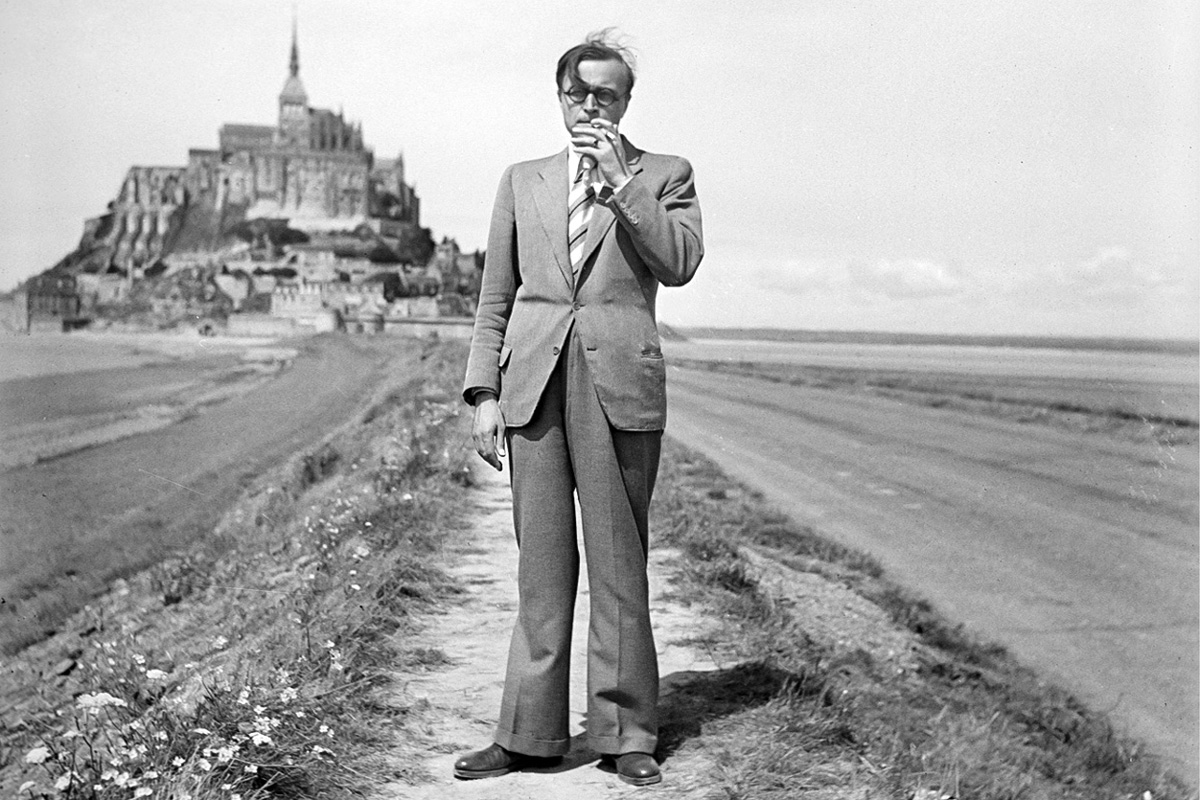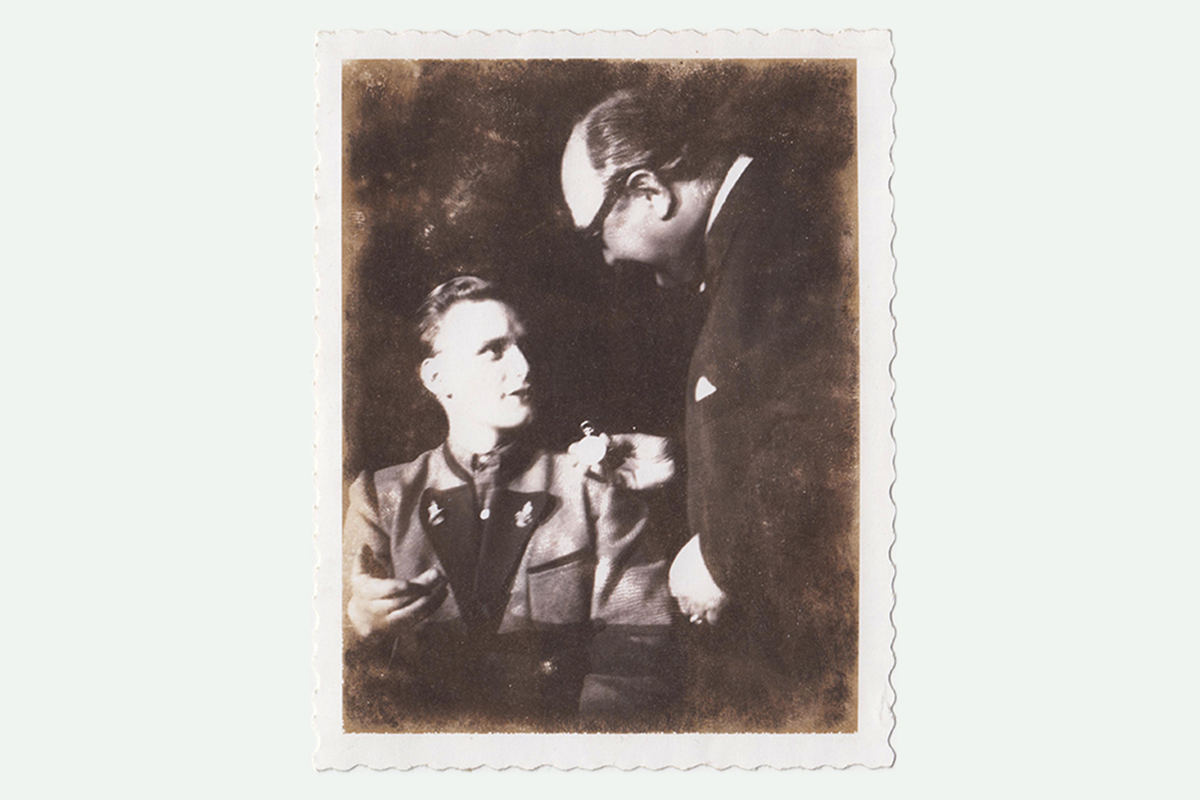KIOSK
In Gaza Dies Your Western Dream
Berlin, Palestine, and the writing on the wall
Alex Cocotas
 The dream of the West is written upon a wall. The wall serves to delimit the preserve of its own dreaming. “Behind me is the immortal, the immemorial, West!” is what it might say for itself, if walls could speak. The dream has come to resemble its envoy in some respects: immobile, passive, impermeable. The dream has a heart of stone.READ MORE
The dream of the West is written upon a wall. The wall serves to delimit the preserve of its own dreaming. “Behind me is the immortal, the immemorial, West!” is what it might say for itself, if walls could speak. The dream has come to resemble its envoy in some respects: immobile, passive, impermeable. The dream has a heart of stone.READ MOREStatement by ISP Associate Director Regarding the Whitney’s Cancellation of “No Aesthetics Outside My Freedom: Mourning, Militancy, and Performance” and the ISP Cohort’s Response
Cabinet
The Whitney Independent Study Program has been a space promoting the work of the arts for more than half a century. It stands by the rights of artists to express themselves and embodies the duties of artists to think and discuss freely. Its foundational premises are that it is independent—free from outside influences that would dictate what to think or discuss—and a place for study—to learn with and from others.
READ MOREKojève & Cigarettes
Fact-checking American Geist
Hunter Dukes

At a party on Neckarstraße one hopeless weekend last January, I escaped into the twofold luxury of potent conversation and mild inebriation in the company of Klaus V--, one of the few people I recognized there. He was telling me about the political history of Transoxiana (birthplace of Timur, part of the Chaghatayid khanate, bounded by the Oxus and Jaxartes), which he recently conquered on horseback during fieldwork in Central Asia. I enjoy Klaus’s exhaustive style and had braced myself against our host’s kitchen island to better receive the torrent of proper nouns. It made me remember the past. …
READ MOREOblivion Culture
Countering the German taboo on Palestinian trauma
Sarah El Bulbeisi

The Holocaust and the Nakba—the expulsion of Palestinians from historical Palestine, which has been ongoing since the end of 1947—are deeply intertwined. The Nakba is, among other things, a direct consequence of the Holocaust. Yet it is excluded from German collective memory, its relationship to German history only legible negatively in the representation of Israel as a safe haven for Jews. The nation’s once-lauded “memory culture” never links Israel’s self-conception as a Jewish state to the systematic expulsion and dispossession of Palestinians. The violence experienced by Palestinians must remain unspoken, taboo. When made visible, it becomes threatening—something that competes with the Holocaust and contaminates the German culture of remembrance. This is why the violence against Palestinians cannot be acknowledged as a continuation of European anti-Semitism. Doing so would force Germany—home to the largest Palestinian community in Europe—to confront the ongoing present of its history and to acknowledge that the nation’s moral rehabilitation is incomplete. …
READ MORECutting the Bean
A new series on fact-checking minor morsels of intellectual history
Cabinet

In our new series on fact-checking for Kiosk, “Cutting the Bean,” we feature short articles that showcase knowledge as a path toward marvel, that mount what Marina Warner describes as “a rescue operation of magic from the realm of irrationality,” and that celebrate Caillois’s “debacle of the evident.” We are all raised in boxes of a kind, and ferns lie waiting in the footnotes. …
READ MOREA Stamp on History
Remembering Deir Yassin
Hunter Dukes

Postage stamps are sticky things. An ignored coda, a preface neglected: stamps are the last glimpse of a missive dropped into a mailbox; they catch the recipient’s eyes before she has time to tear the flap. They are a duty, or rather, evidence of duty exacted. In the case of international mail, stamps traverse a quartet—sender to receiver, state to state. They are issued by a nation and often commemorate it as so; without a bilateral treaty, postage goes nowhere. Letters enter archives while stamps get shorn from their words, preserved in manila folders and philately sleeves. They rarely return to their origin, and if they do, it is under cancellation, effaced enough to make them void. …
READ MOREPolaroid’s Secret Showman
Kalanag and the magic of instantaneity
Jonathan Allen with Jan Isenbart

In the spring of 1954, Reinhard Müller stepped onto a stage in the German city of Wolfsburg as a volunteer in a magic show. His presence was captured in a small sepia photograph, where he can be seen in conversation with a tuxedoed magician holding the elegant pocket watch that Müller has just entrusted to him. The conjurer is Helmut Ewald Schreiber (1903–1963), better known by his stage name Kalanag. He is in the final stages of a trick called “The Devil’s Mail,” a popular feature of his world-touring magic revue, Simsalabim. A few moments before, Müller’s watch had been reduced to fragments in a mortar by sharp blows of the magician’s wand. In the photograph, Kalanag can be seen returning the now miraculously restored timepiece to its owner. But his watch is not all that Müller will take with him when he leaves the stage. To his delight, he will also carry this snapshot, delivered to him in an envelope by the magician within moments of the very scene that it depicts. …
READ MORE770 Is Here!
Bricks, aura, and the multiplication of the Lubavitcher Messiah
George Prochnik

On the flatlands of central Israel, not far from Tel Aviv, “770,” the triple-peaked brick Gothic Revival home of the Rebbe, rises in a spanking orange vertical from a large parking lot. Stroked on one side by the fronds of a low palm tree, it appears fresh as a desert flower sprung up overnight in a flood’s wake. On Pico Boulevard in Los Angeles, 770 has the same basic three-story profile, its windows and doorway framed by limestone surrounds, but here the house has doubled in size and added another trio of gables. Edged by a gas station and displaying a relaxed, liver-colored spread in its bulk, the building makes itself at home in the sprawling, unbuttoned metropolis. In New Jersey, 770 has gone a bit suburban-mall office park. On the shore of Lac Désert near Montreal, one might detect a hint of the trademark Canadian maple leaf in 770’s sharp angled gables. In São Paulo, 770 is jammed between soaring white skyscrapers; it has shed girth to squeeze into the teeming megacity. And in Milan—where 770 is wedged between an ample, peach-hued palazzo and a low, old, murky yellow home—the bay window distinguishing the original structure’s center section has transformed into a stylish glass balcony. ...
READ MOREThe Crypto-Secessionists
Islands as fintech laboratories
Isabelle Simpson

Islands have played a key role in the development of the modern global economy as trading and military outposts, tax havens, and nuclear test sites serving colonial powers. In addition to their status as strategic economic and geopolitical satellites, islands are also special places that “have long been regarded as ideal sites for experimentation, in fiction and in reality, with their straightforward boundedness presumed to provide unambiguous limits to scope, ambition, and (if all goes wrong) contagion.”1 Today, so-called Small Island Developing States are at the center of the development of central bank–issued digital currency. Their governments’ efforts to capitalize on digital currencies—as well as the accompanying discourse of fast-tracked economic development and democratization of the financial system promoted by the states and the technology and political entrepreneurs who court them—reaffirm the role of islands as sites of experimentation, this time as fintech laboratories. ...
READ MOREPrisoners of the Dream
Inception and Coors, capitalism and pandemic dreaming
Matthew Spellberg

During the first pandemic lockdowns, thousands of vivid dreams were suddenly shared across the internet and among friends. Though some of them had to do directly with COVID, many were simply intense and mysterious, in the way dreams often are. Yet for some reason, people felt newly impelled to convey them to others. The dreams were soon compiled into databases, written up in newspaper articles, and eventually integrated into scientific studies. This phenomenon may turn out to be a significant event in the history of the social imagination. For thousands of years, and in many cultures, talking about dreams has been considered hugely important. But in modernity, dreams have been regularly denigrated. ...
READ MORE